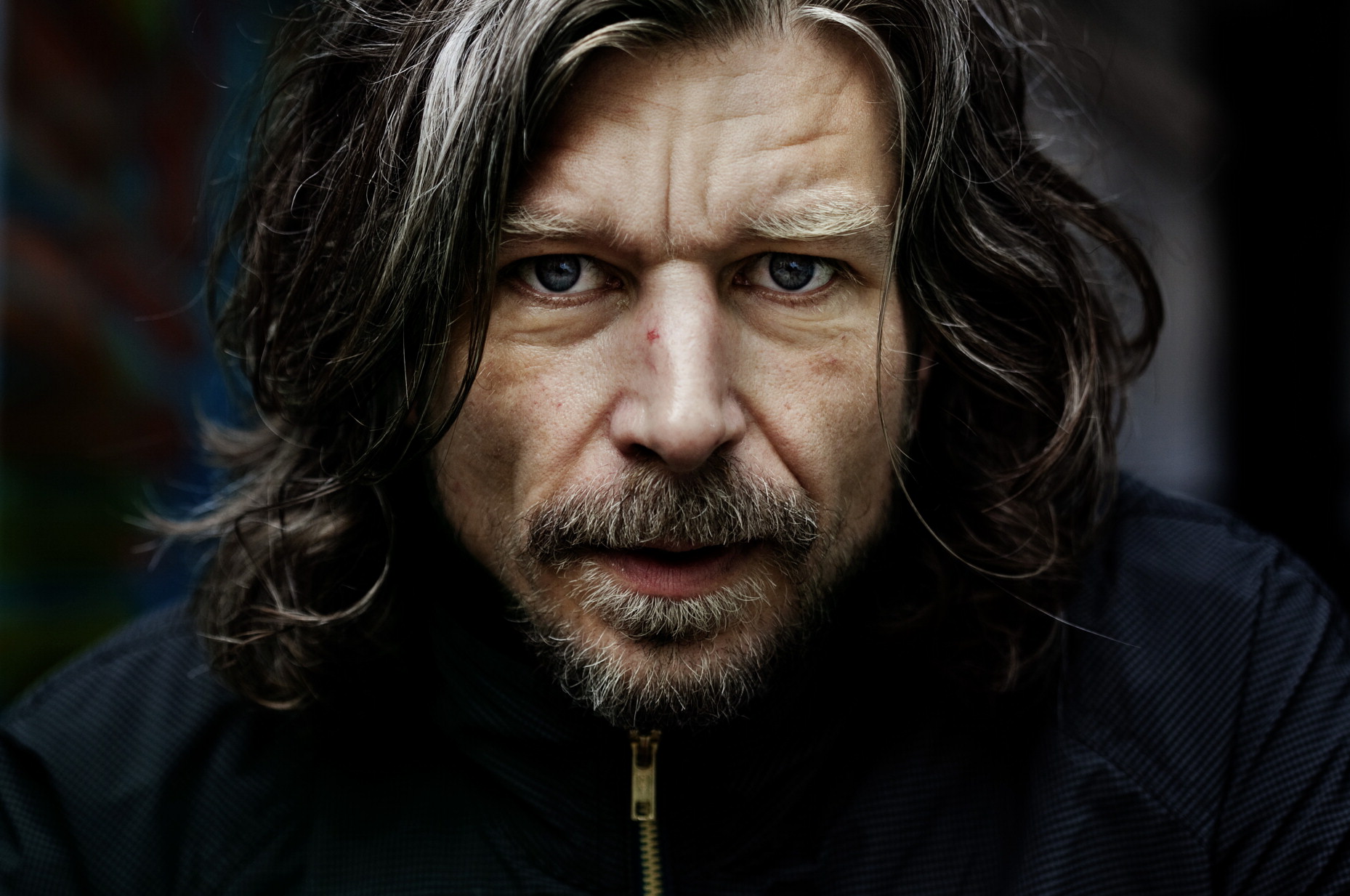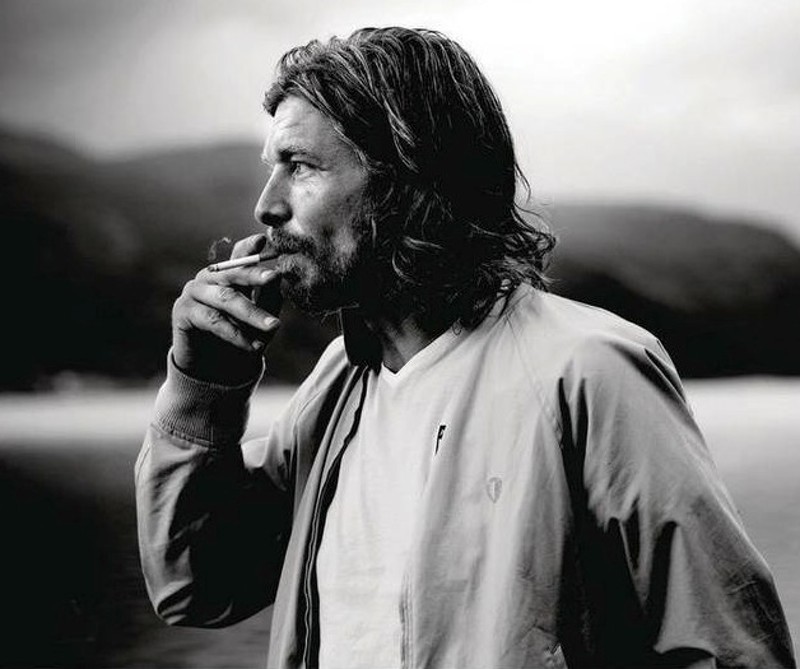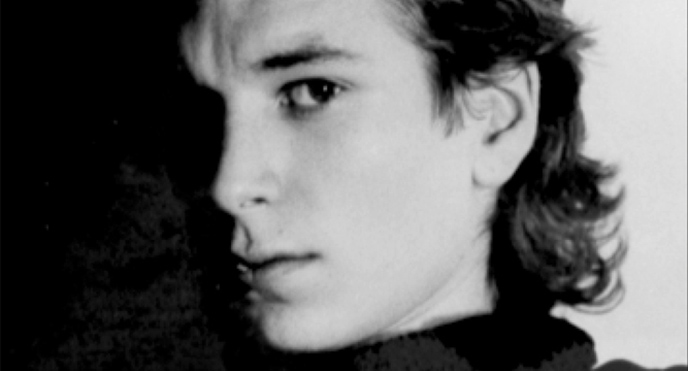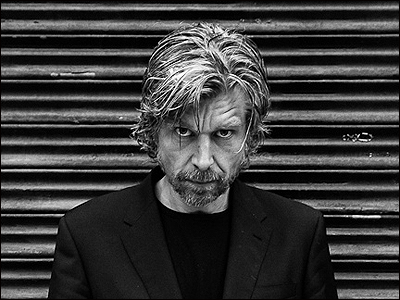My Struggle, vol. 3: Diana, August 12
Brooklyn, NY
Dear Cecily, Dan, Omari, Sarah, Jacob, Jess, and Ari,
I'm going to write to you, somewhat ambiently, of style, fatness, passing out, laziness, and of letters.
Reading Jess' letter gave me one of my favorite feelings: that I'd come to understand a thing better as a result of the generosity of someone's willingness to disagree with me: "I also wear a damaged male body," I read, nodding, wanting to retract and edit my own letter.
I didn't mean to pretend there aren't moments of real identification in these books, that un-broken or easy bodies even exist, that it's necessarily wrong to ask readers to see something of their own experience, even if the particulars, as they say, don't map on.
These aren't even the values with which I've normally approached reading: those of you who knew me in grad school (especially Dan and Jacob, who saw me out-bro the theory bros, at times), knew that I did not resist Big Important Books By White Men. I don't need each book to include everything.
It's a more committed laziness. I'm happy to read the arguments that some of you have made on Knausgaard's behalf (though of course, I love reading the dismissals too), but I don't want to risk coming to understand and like My Struggle. I know myself as a reader: if I spend enough time with these books, if I try hard enough to understand, I will accidentally care for them, the way I fall for lovers whose indecipherable text messages I spend too much time reading.
I had been resisting reading Knausgaard criticism up to this point, because I knew that I didn't have time to read enough of it to cite it productively, and also hoped that my having escaped all writing on his work to date might prevent me from writing what others already had. Right after Jess' letter went up, though, I remembered that I had skimmed a review Ben Lerner (!) wrote of Boyhood Island in the LRB a few years back, and found it funny that I had forgotten reading a review by the same author I lazily dismissed (and thought I had never read), along with K. himself, in my last letter.
"Does Karl Ove Knausgaard have a style?" the review opens. I must have gotten this issue in the mail while finishing the second chapter of my dissertation, which was largely an attempt to find out what "style" could mean to contemporary writing. In trying to find K.'s style, Lerner describes it as unquotable—the effect of this writing happens in larger units, he says. I loved Jess' description of the unrecognizability of style in K.'s quotes: "oh, but that doesn't sound like him."
Maybe, I tried to believe, I was willfully ignoring style, insisting on allowing individual parts to stand in for a whole they were never meant to constitute by way of being broken down. I left for vacation dedicated to reading more carefully—or at least, I felt that way until I started reading Boyhood Island itself. My hatred had at least been making the reading interesting; having tried to put aside my defensiveness, I simply repressed it, and turned into the kind of person who reacts to stress by passing out. I finally gave up, woke up, read The Argonauts instead, and got lost writing a long essay about one strange paragraph of Nelson's on fatness:
It feels important to pause and pay homage to the fact that many of the many gendered-mothers of my heart—Schuyler, Ginsberg, Clifton, Sedgwick—are or were or have been corpulent beings. ("Whom do I mean when I say 'there's nothing wrong with us'?" asks poet Fred Moten. "The fat ones. The ones who are out of all compass however precisely they are located . . . My cousins. All my friends.") Or, as poet CAConrad writes: "Coming from white trash has advantages people with money don't seem to understand . . . "
I suffer from identification with books, too. I was reading Nelson in the most basic way, pouty on a long train ride: "I'm reading it for evidence of whether one should want the kind of love The Argonauts represents, one where two people become an actual unit, where their private world centers on their love, their family, to the extent that even critical theory becomes a part of that love; wonderfully dismissive accounts of Žižek support not just an 'argument' about the body, but also imply that Harry agreed with the dismissals, or at least that they talked about that section together, the way lovers do when they become editors." I had interrupted my reading to write no fewer than four love letters to people I knew I couldn't send them to, because I wanted so badly to have such a you to address. I decided I was better off without a second person to offer my love, so I came back to the book again, and I got similarly excited when she turns, briefly, to fatness, purportedly to add to the complicated set of ways one might feel "at home" in one's body, in one's self. But Nelson is quick to exclude herself from this list of the corpulent, not just by fact of her thinness, but by its essentialness to her sense of herself—is this a new element to add to the function of an author's name, does "Maggie Nelson" carry with it an thinness that Sedgwick does not?—"having a small body, a slender body, has long been related to my sense of self, even my sense of freedom."
Somewhere, the thinking you've all been doing about the body is with me, but the body of K's text wants to stay in my tote.
It's not that I want identity neat: consider Nelson, who wants to honor a love of fatness, but also can't quite account for the fact that there's some tension between this love and the reality of her and her mother's bodies. Nelson can write about fatness while slender, can write about transitioning while being cis-, can make Moten's cousins sentence-level kin of CAConrad's white trash family. It's not that a writer has to have one or many specific backgrounds to escape the eye-roll, as the case may be, or to always incorporate and account for a variety of subjectivities without ever fucking up.
In part, it's that I can't abide the look-how-messy-this-sense-of-self-is-oh-wait-it's-actually-super-tidy. But more so, it's that I want to open a book and have some sense, critical or engaged or confused or bullshit, that it's worth spending time thinking about. And Knausgaard's thinking—on memory, on writing, on masculinity, on fatherhood, on death—doesn't give me that sense. I have positive and negative reactions to The Argonauts, and about its senses of the body, its politics, its fears of the revolution, etc. In each reaction, though, I have that desire to write in response. But when I learn from Ari that K., in a later volume, has all the same problems with his writing I do, I just sigh.

One of the most common defenses I see of Knausgaard is that the criticism isn't fair, that he can't do anything right: one Facebook post lamented that people criticize equally white men's inability to deal with their feelings, and white men's confessional exploration of those feelings in memoir. I think this person's missed the point. The stereotyped problem of "male repression" isn't that "we"—some collective complainant that asks our sitcom-y fathers, lovers, sons, and friends to open up to us—want more access to white men's pain and fear; it's that our lives—that's a big Our, again—are structured dramatically by the pain and fear of those with power. No one has been waiting for this revelation of feelings; our economy, our prison system, and many of our families have already been structured in response to these feelings (if anything, Knausgaard's writing on his father is a testament to the overwhelming role one man's feelings can have on others at a local level). This is not even about gender, here, but about power: much has been said of the lives lost to White Women's Tears. This also doesn't mean that those with power can't talk about their feelings, either; there's just nothing especially revelatory about a fictional representation of a dude having a hard time. It's not just that this is a giant pseudo memoir by a white man, it's that it's fucking titled My Struggle and often spouting misogynist and/or racist and/or boring sludge.In the end, maybe I am just rejecting his style: a style that has an especially hard time accounting for its generals in its particulars, and vice versa. My Struggle's quotability, along with the question of whether its style can be measured in units shorter than individual volumes, is tied up in what we've been writing about "universality": if we know the whole cannot be processed by the seemingly disruptive parts that make it up, the experience of reading can start to circle between part and whole, universe and individual, sentence and paragraph, etc., white writer in the context of white supremacy, fragile masculinity in the context of that fragility's greater violence, the ridiculous mundanity of sentence-level attention to detail in the context of endings where the fallings-flat long for greater significance, etc. "It is the era that we take photos of, not the people in it, they can't be captured" (8-9). Among those of us writing here, there's a divide between our comfort with this movement from grounding-moment-of-particularity to ungrounding-sense-of-beautiful-generality. For me, I'm like, "Sure, photos don't 'capture' people," but that doesn't mean we can't engage with the capture-of-an-era by way of the really specific people whose deaths and lives photos sometimes refer to. I want to move back and forth from person-to-era, not to give up on specificity at the first sign generality's taken hold. I think K. tries to shuffle in this way, but fails. The individuals don't seem as generalizable as he wants them to be; the generalities don't fracture into specifics; the sentences themselves can't make up the books.
Rather than provide an example of this failure, which risks repeating the way individual quotation fails to account for these books' effects, I'll return to the moments in the prior books that offer counterexamples. K.'s writing is at its best, I think, when the incredibly specific documentation of his wife's labor gave the first evidence that broader questions about gender and the body were at play; when the specifics of scrubbing his grandmother's apartment after his father's death retroactively reshaped the vision of a masculinity that came before. All the tears he sheds for his father fail to be specific enough to put the tension between part-and-whole into play, but these two scenes' actually allow for the movement between individual and an imagined general experience, and, in relation to this, a movement between the scenes themselves and the books they reshape.
I haven't even gotten to the many responses I had to your letters, to the marginal comments on Vol. 3 I meant to write up, but I accidentally got to my point: I don't want to do the work to learn to inhabit this style. I want to read your letters, and to write to you, but I want to write about something else. And as Samuel Delany reminds us, as he says a critic must "every generation," "Put in opposition to 'style,' there is no such thing as 'content.'" The content here is K., a subject I want to remove from my sentences.
Now I'm writing another love letter I don't know how to end. I suppose I'm asking if I can just be friends with My Struggle, but keep seeing The Slow Burn?
Yours,
Diana
ALSO IN THIS SERIES:
The Slow Burn, v.2: An Introduction
My Struggle, vol. 1: Cecily, June 6
My Struggle, vol. 1: Diana, June 9
My Struggle, vol. 1: Omari, June 14
My Struggle, vol. 1: Dan, June 17
My Struggle, vol. 2: Omari, June 24
My Struggle, vol. 2: Cecily, July 1
My Struggle, vol. 2: Sarah Chihaya, July 5
My Struggle, vol. 2: Dan, July 12
My Struggle, vol. 2: Diana, July 16
My Struggle, vol. 2: Jess Arndt, July 18
My Struggle, vol. 3: Omari, July 25
My Struggle, vol. 3: Ari M. Brostoff, August 1
My Struggle, vol. 3: Dan, August 4
My Struggle, vol. 3: Jacob Brogan, August 8
My Struggle, vol. 3: Diana, August 12
My Struggle, vol. 4: Katherine Hill, August 25
My Struggle, vol. 4: Omari, September 1
My Struggle, vol. 4: Dan, September 2
My Struggle, vol. 4: Diana, September 15
My Struggle, vol. 5: Omari, September 27
My Struggle, vol. 5: Diana, October 3
My Struggle, vol. 5: Dan, October 13





